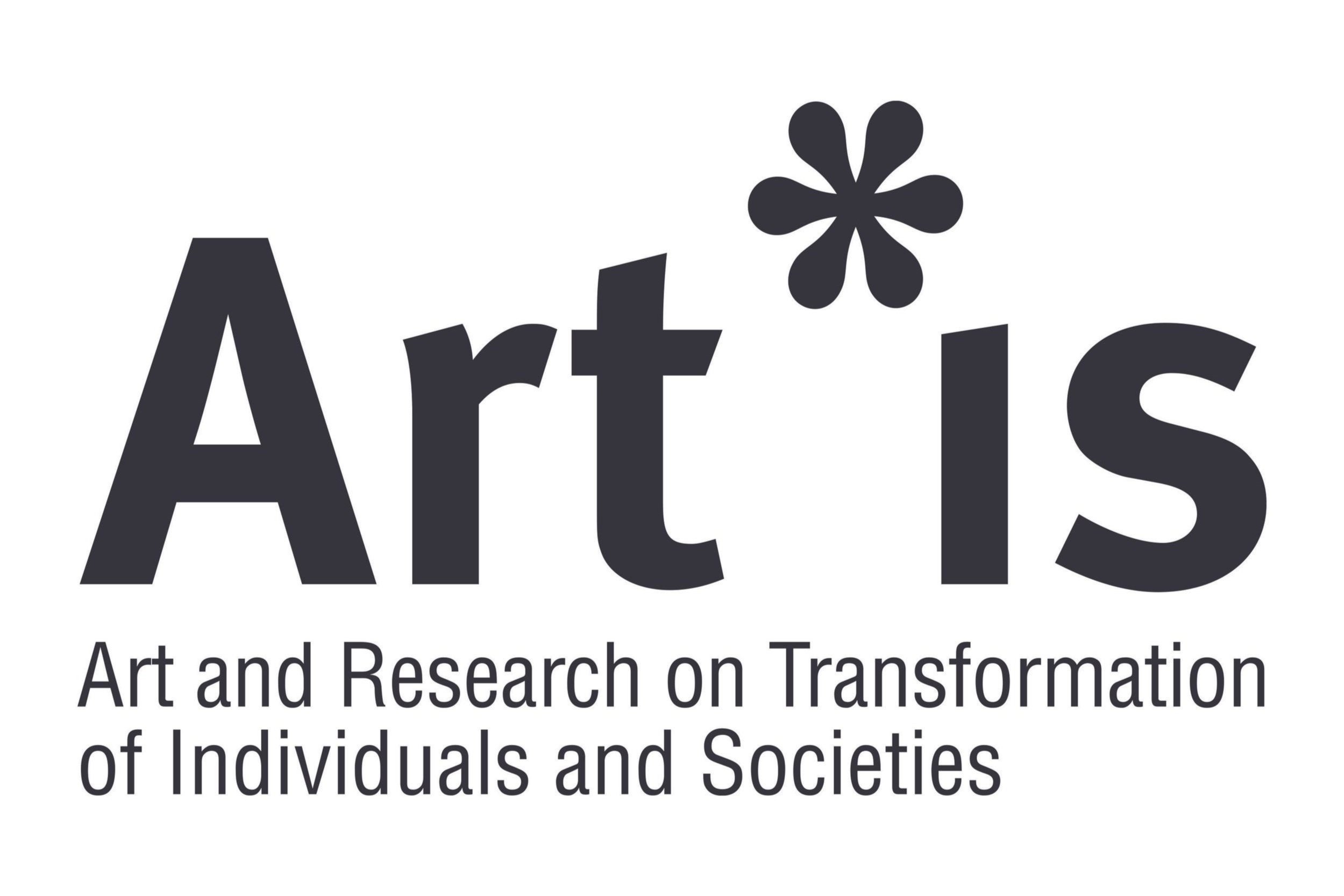Research on Transformative Aesthetics
This summer we will commence a larger project on Art and the city. Theorizing on its role in public live and collecting data on the impact of some central Berlin and European examples.
What’s planned
At the ARTS AND MINDS Lab we have one central research question that we approach from different perspectives and disciplines such as critical theory, philosophy and the cognitive sciences: How do the arts (architecture, images, media) and Art transform our minds and bodies? We employ 4E cognition and predictive processing theories of the mind as well as theories affect and emotions to explain the impact of different media and the power of art.
We research the influence of architecture and urban design on our well-being (as a leading lab in the Research Platform Neurourbanism), the impact of visual media and film on how we perceive and think, and generally the potential of artworks to transform our worlds and to introduce us to new ways of worldmaking. We employ a multitude of methods from the cognitive sciences (such as philosophy, anthropology, psychology, neuroscience) but also use AI as a heuristic method and include design disciplines as well as artists in our Lab.
What we do
What’s new
December 2025, Dr. Joerg Fingerhut will present on “Epistemic Emotions. A New Look from the Arts” at the Philosophical Colloquium at TU Berlin (Dec. 10).
News archive is made available here.
Where we are
Humboldt-Universität zu Berlin
House 1, R. 215, 216, 317
Luisenstr. 56, 10117 Berlin
History
The current ARTS AND MINDS Lab has been around since January 2020 (albeit under slightly different names) building on the ART*IS grant from the Horizon-2020 program of the EU. It evolved out of a series of previous research groups at the Humboldt-Universität zu Berlin that also focused on embodied cognition and emotion research as well as the study of pictures, architecture, and art. Since 2020, we have had several guest researchers/fellows, such as Matthew Crippen (University of Seoul, working with us on urbanism and selective permeability) and Eva Schürmann (University of Magdeburg; working with us on theories of affective-aesthetic seeing) to name only two.
The current lab continues to work on topics of the Einstein Visiting Follew group of Prof. Jesse Prinz: “Consciousness, Emotions, Values,” which was originally funded from 2015-2017, and received additional funding from 2018-2019 under the coordination of Joerg Fingerhut. It consisted of up to 12 international members that all investigated conscious experience, emotions, or values. Some study these topics independently, but all were also interested in their interrelations. We had three workpackages: Aesthetic Psychology (lead: Joerg Fingerhut), Morality and Sentiments (lead: Jesse Prinz), and Embodied and Embellished Perception (lead: Joerg Fingerhut).
Members of the “Consciousness Emotion, Values” group have been (among others, in alphabetical order): Anna Borghi (University of Bologna), Ophelia Deroy (Ludwig Maximilian University of Munich), Katrin Heimann (Aarhus University), Katharina Anna Helming (University of Warwick), Helmut Leder (University of Vienna), Bence Nanay (University of Antwerp), Simone Schnall (University of Cambridge), Maureen Sie (Tilburg University), Ana Tajadura-Jiménez (Charles III University of Madrid, University College London), Martin Troendle (Zeppelin University), Eva Weber-Guskar (Ruhr-University of Bochum), Hong Yu Wong (University of Tübingen).
Associated Researchers were (in alphabetical order): Marianna Ambrosecchia, Marta Benenti, Aenne Brielmann, Matthew Crippen, Gen Eickers, Javier Gomez-Lavin, Lara Pourabdolrahim; Research Assistants were (in alphabetical order): Felix Binder, Giulia Cabbai, Corinna Kühnapfel, George Neish, Laura Wallor, Claudia Winkelmayr.




